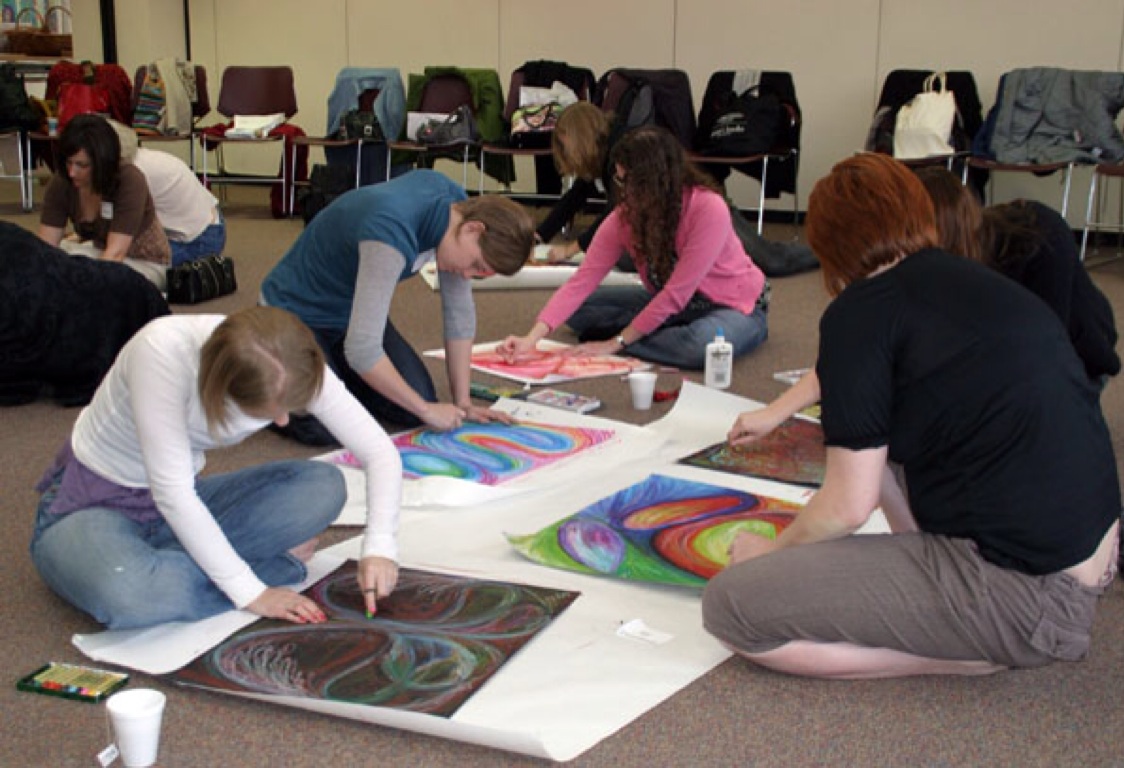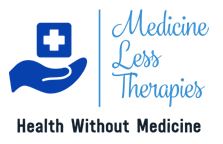Types of Counselling:
- Art Therapy.
- Behavioral Therapy.
- Cognitive Therapy.
- Cognitive Behavioural Therapy.
- Eye movement and desinsitisation and reprocessing.
- Humanistic therapies.
- Pyschoanalysis.
Art Therapy:
- Communicating thier issues by means of art like paintings,sculptures and simple drawing,as well as communicating their words.
- By using art they clear the problem,unpleasant feelings and Behaviours.

Behavioural Therapy:
- Behavioural Therapy mainly focuses on the present situations more than past.
- It neglects the acts done in past and focuses mainly on actions going in present to prevent behavioural activities like addictions or person suffering from phobia.

Cognitive Therapy:
- The change in behaviour is due to what we think,cognitive therapy cures this by changing the thoughts of the patients.
- The therapy looks to address any skewed ways of thinking that may be occurring, and eventually aims to replace them with healthier, more positive thought patterns.

Cognitive Behavioural Therapy:
- The Combination of Cognitive and Behavioural Therapy is Cognitive Behavioural Therapy (CBT).
- It also focuses mainly on present
- It breaks down problems into small manageable pieces and solves the problems
- It is used for solving specific behaviour problems.
Eye Movement desensitisation and reprocessing:
- It is used to cure the distress event or feeling which is originated from the trauma.
- The Therapist’s recall the distress events while pointing the finger from end to end.
- The main goal is to minimize the intensity of the distress event or feeling causing troubles.
Humanistic Therapy:
- This Therapy encourages self exploration,by factors like human potential,free will,creativity.
- It Mainly focuses on self exploration of the patients.
Psycoanalysis:
- Psycology conflicts are rooted in unconsious mind.
- Main goal is to make the conflicts aware to the consious mind,so client can make changes to overcome them.
- The symptoms are latent (hidden) disturbances.
These are the seven types of counselling are used for treating patients all over the world.
